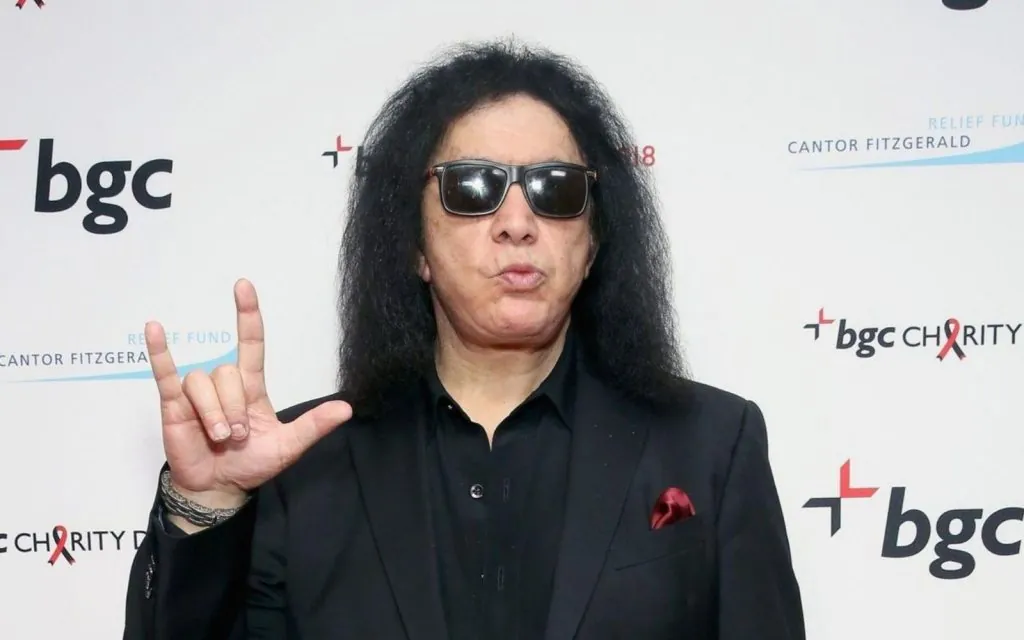In an interview with Financial Times, KISS bassist and singer Gene SImmons explained the high ticket prices on the band’s farewell tour that has a range from $25 to $1,000.
He said:
“Unless you’re willing to live in your mother’s basement and have a job and do music as a hobby, which is wonderful, being in a touring band is big business”
“You’ll see a show out there that is as good, or better, than anything else. If you’ve got one guy with an acoustic guitar, you can charge less. We’ve got 60 people on the crew and 20 trucks and who knows how many buses, and a jet.”
KISS VIP package for “End Of The Road” costs $1,000 and includes a photo op, a lithograph, a $100 merchandise voucher, a laminate, a private venue entrance and “access to crowd-free merchandise shopping.”
The “very limited” Ultimate Kiss Army Experience package, which runs for $5,000, includes a private backstage meet-and-greet and photo opportunity with the band and the opportunity to “watch the whole show from the pit (no fans have ever had access to the pit).”
It also includes a “backstage tour with your personal KISS Concierge” including access to areas that only the band and limited members of the crew can visit; beginning by “stepping foot on the holy ground that is the KISS stage.
“Those purchasing the package can also “sit on” Eric Singer’s “drum stool at his drum kit” and “stand at Paul [Stanley], Gene and Tommy’s [Thayer] microphones.”
They can also hold Stanley’s Cracked Mirror guitar, Simmons’s Axe bass and Thayer’s signature Epiphone guitar. In addition, they can visit the band’s wardrobe, “where you can see the band’s outfits up close and try on the real KISS boots.
Along the way, we’ll visit all areas of the KISS production and you’ll meet many members of the crew that keeps the KISS machine going strong,” the original tour announcement said. Purchasers also get a host of other perks, including access to the “VIP Bar with wine, beer and the KISS ‘End Of The Road’ Signature Cocktail'” and “Lifetime Membership for the Official Kiss Army Fan Club.”
Paul Stanley told Financial Times:
“I certainly never bought into this idea of being a dumb rock musician who at some point goes, ‘Where’d all my money go?’ I’ve always believed that as talented as you may be at making money, there’s probably someone who’s just as talented at taking it.
“So it always made sense to me to monetize what we do. There’s a difference between being an idealist and realist, and the difference is age. The whole idea of a starving artist, or the idea someone isn’t interested in money – well, guess what, you will be when rent comes due.”
See more News

